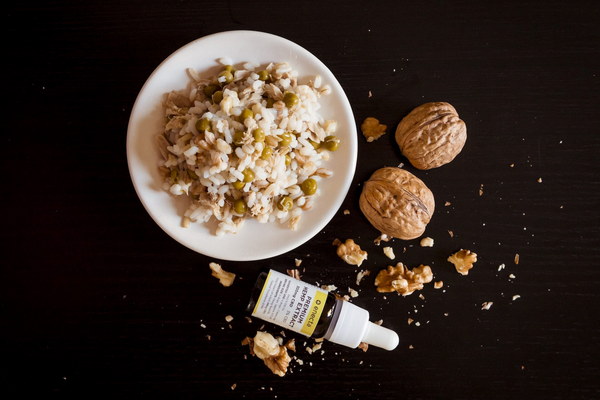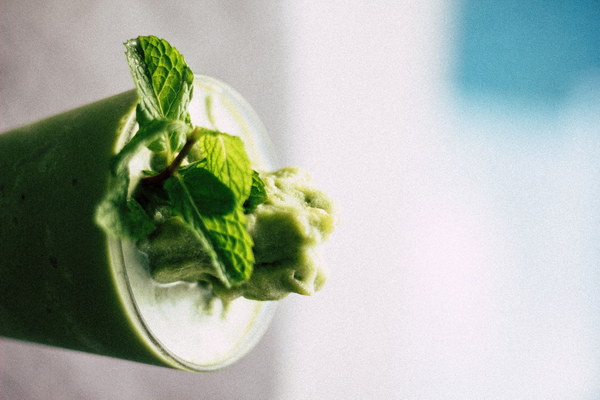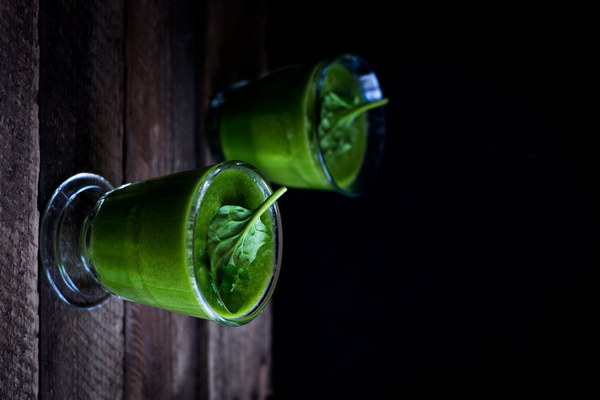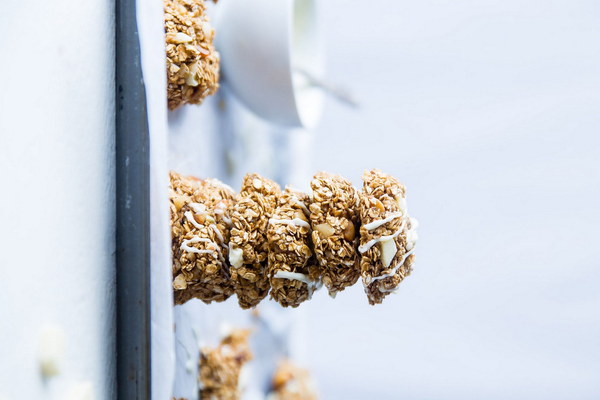Cinnamon The Ancient Spice That Naturally Reduces Swelling and Removes Dampness
In the world of traditional medicine, spices have long been celebrated for their healing properties. One such spice, cinnamon, has been used for centuries to alleviate various ailments, including swelling and dampness. In this article, we'll delve into the wonders of cinnamon and how it can naturally reduce swelling and remove dampness from the body.
The Science Behind Cinnamon
Cinnamon, derived from the bark of certain trees in the Cinnamomum family, is renowned for its aromatic flavor and health benefits. The active compounds found in cinnamon, such as cinnamaldehyde and cinnamic acid, are responsible for its therapeutic properties.

One of the primary ways cinnamon works to reduce swelling is by acting as an anti-inflammatory agent. These compounds have been shown to inhibit the production of inflammatory cytokines, which are responsible for the body's inflammatory response.
Cinnamon's Role in Removing Dampness
In traditional Chinese medicine, dampness is considered an internal imbalance that can lead to a variety of health issues, including swelling. Cinnamon is believed to have the ability to expel dampness from the body, thereby promoting overall health and well-being.
The drying properties of cinnamon help to absorb excess moisture, which can lead to swelling in various parts of the body. By reducing dampness, cinnamon can help alleviate symptoms such as edema, joint pain, and bloating.
How to Use Cinnamon for Swelling and Dampness
1. Cinnamon Tea: Boil a cup of water and add one teaspoon of cinnamon powder or a cinnamon stick. Let it steep for about 5 minutes, strain, and enjoy your warm, soothing cinnamon tea. This can be consumed daily to help manage swelling and dampness.
2. Cinnamon in Cooking: Incorporate cinnamon into your daily diet by adding it to various dishes. Whether it's sprinkling it over a bowl of oatmeal or using it in a stir-fry, the spice can be easily integrated into your meals.
3. Cinnamon Supplements: If you prefer not to consume cinnamon in food, you can also take cinnamon supplements. Ensure that the supplements are high-quality and have been tested for purity and efficacy.
4. Cinnamon Compresses: Create a warm cinnamon compress by soaking a cloth in warm cinnamon tea and applying it to areas of swelling. This can provide relief and help reduce inflammation.
Potential Side Effects
While cinnamon is generally safe for most people, it's important to note that excessive consumption can lead to side effects such as stomach upset, headache, and in rare cases, allergic reactions. Additionally, cinnamon can interact with certain medications, so it's best to consult with a healthcare professional before starting any new supplement regimen.
Conclusion
Cinnamon is a versatile spice with a rich history of use in traditional medicine. Its anti-inflammatory and drying properties make it an excellent natural remedy for reducing swelling and removing dampness from the body. By incorporating cinnamon into your diet or using it topically, you may find relief from common discomforts and enjoy the many health benefits this ancient spice has to offer. Remember to use cinnamon responsibly and consult with a healthcare provider if you have any concerns or pre-existing health conditions.









